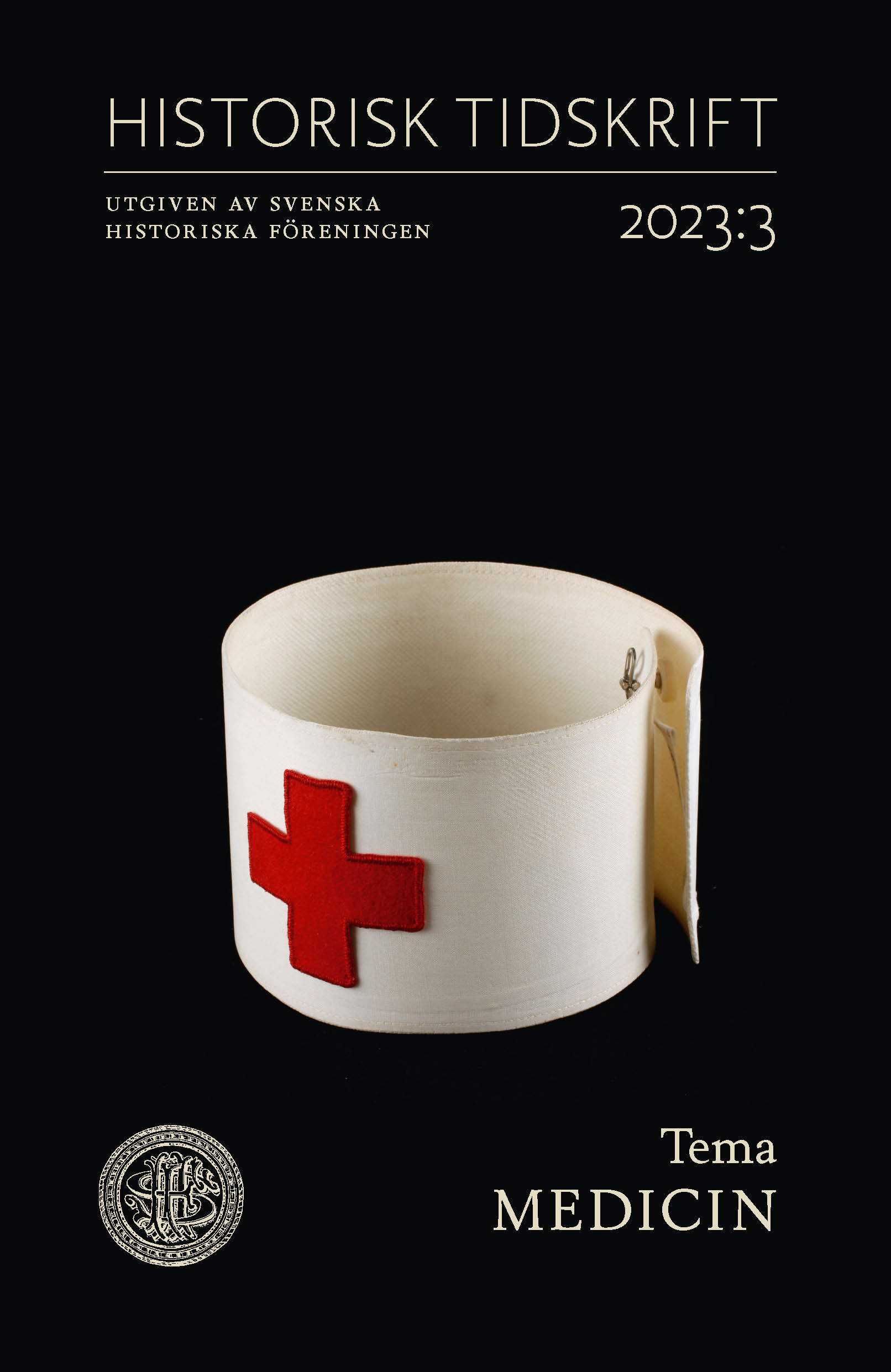Abstract
Mass vaccinations as humanitarian relief, aid policy, and national identity: Swedish participation in the International Tuberculosis Campaign, 1947–1951
This article investigates Swedish participation in a global mass vaccination campaign, the International Tuberculosis Campaign (ITC) aka the Joint Enterprise, which ran between 1948 and 1951. The campaign was a collaboration between the Danish and Swedish Red Cross, the Norwegian Relief for Europe, UNICEF, and the WHO. In the late 1940s cases of tuberculosis were rising rapidly, and following a Danish initiative in 1947 to launch a mass BCG-vaccination programme in war-torn Europe, the other Scandinavian organisations joined the campaign, which with financial and organisational aid from UNICEF and the WHO was expanded into a global public health campaign. With almost 14 million people vaccinated in 22 countries, the ITC was one of the largest international health campaigns ever, and was a model for how UNICEF and the WHO would operate in the decades to come.
By looking at Swedish participation, this article focuses on one of the smaller actors in the campaign, previous studies having concentrated on the policy work of the UN organisations or the Danish Red Cross and government officials. Different Scandinavian and more specifically Swedish motives appear as a result, such as their somewhat controversial approach to BCG vaccination and a wish to earn goodwill in the international community after the Second World War, while remaining reluctant to donate money to the UN aid funds. The article also highlights the vaccination campaign in one country in particular, Germany, where both negative public opinion about the BCG vaccine and big politics affected the ITC.

